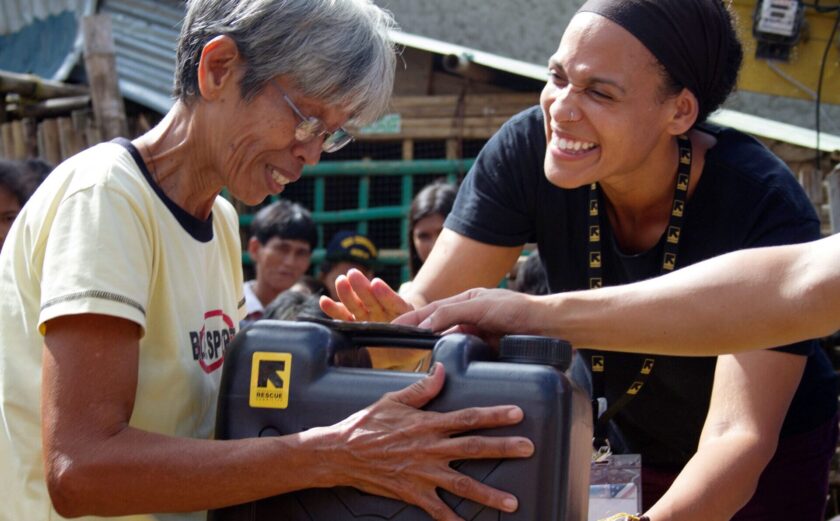
U.S. Must Support Implementation of Global Compact on Refugees
Following the U.S. vote against the Global Compact on Refugees yesterday, InterAction released a statement urging the U.S. to support the compact’s implementation. Read the statement
The United Nations General Assembly’s decision to endorse the Global Compact on Refugees (GCR) yesterday marked a historic demonstration of political will toward a more effective and comprehensive response to the global refugee crisis. With refugee numbers reaching over 25 million, the compact aims to provide improved support for those fleeing their homelands and for the countries that take them in, many of which are among the poorest in the world.
The compact comes after two years of negotiation following a United Nations summit in 2016, during which all 193-member states adopted the New York Declaration on Refugees and Migrants. The Declaration committed states to “a more equitable sharing of the burden and responsibility for hosting and supporting the world’s refugees,” in recognition of the sharp increase in global refugee flows and the need for a better international response.
The global compact outlines four key objectives, which include easing pressures on countries that host large numbers of refugees, building self-reliance of refugees, expanding access to third-country or refugees through resettlement and other pathways of admission, and supporting conditions that enable refugees to return to their countries of origin. InterAction members provided recommendations on the compact’s components based on their frontline experience assisting refugees.
While the U.S. government was directly involved in discussions shaping the compact drafts, yesterday it voted against the resolution. In light of this, InterAction is urging the U.S. to support the compact’s implementation and welcoming the compact’s endorsement by nearly all member states in yesterday’s landmark display of international solidarity.







